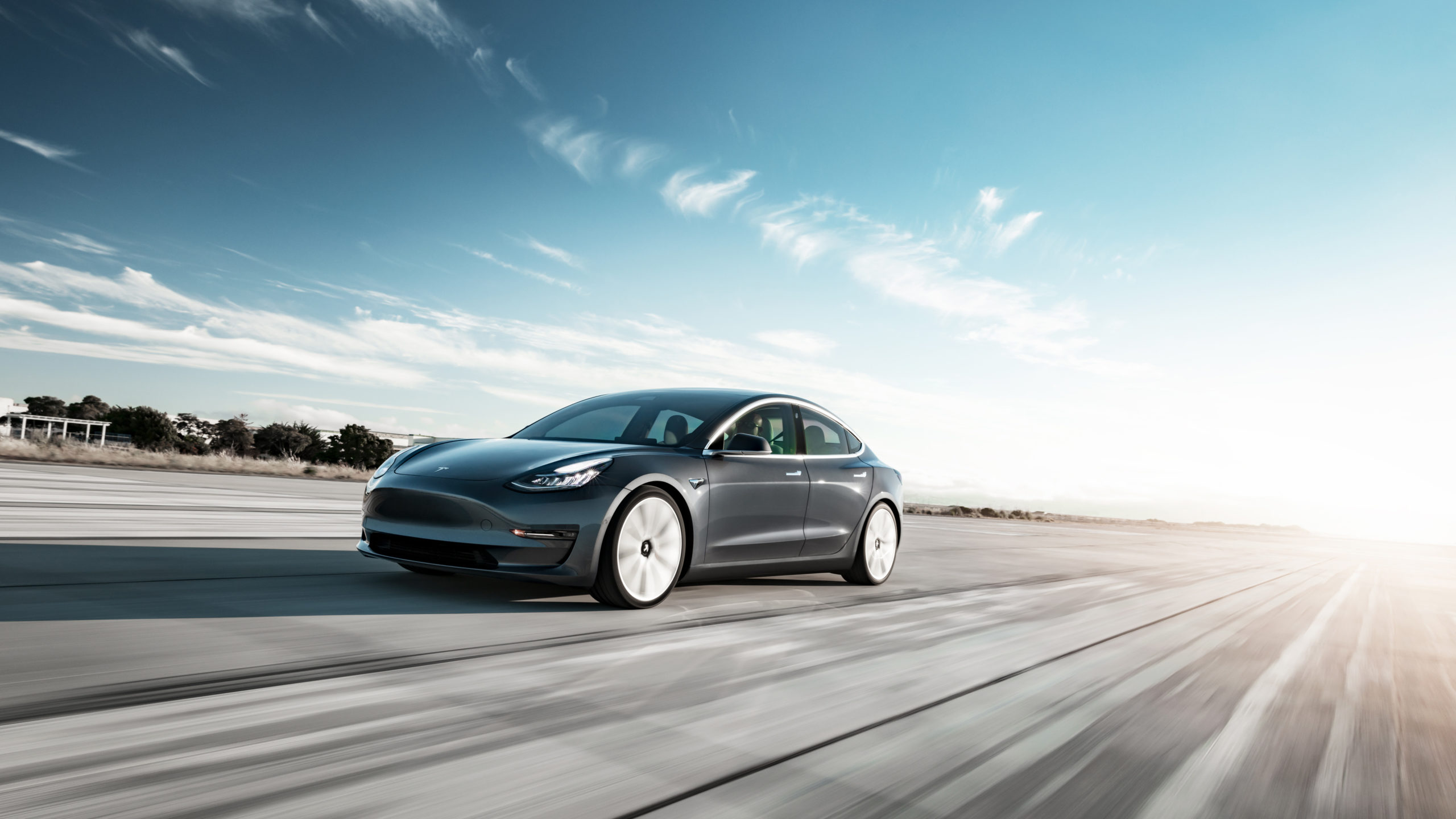We all know Buying a car isn't just a major decision, it's a series of huge decisions that can make any buyer feel overwhelmed. Aside from brand, model, seating capacity, body style, and fuel efficiency, another question that stumps a lot of buyers is whether it's better to buy a new car or a used car.
If you ask around, you’ll most likely get 10 different answers from 10 different friends. In this comprehensive guide, we’re going to simplify things and see if there is a definitive answer to the new car vs used debate. We'll thoroughly assess how both new and used cars fare on ten key factors. By the end of this article, you should have a clearer understanding of which decision works best for you and your lifestyle.
So, buckle your seatbelts – because we're about to put this age old question to rest!

New vs Used Cars? 10 Factors To Consider
Price And Depreciation
If budget is your biggest concern, you're way better off looking at used car listings. Used cars are significantly cheaper than new ones, even if they've only been used for one to three years. This is all thanks to a little thing called depreciation.
Depreciation is the rate that a car's value declines over time. It's a commonly held belief that a car loses around 10 percent of its value the minute it's driven off a lot! And by the end of the first year, that car's value can decline even further to up to 20 percent. By the third year, a car could cost over 30 percent less!
Now, if you're worried about how depreciation could affect a used car's resale value, you can rest easy knowing that most cars' depreciation slows down after the third year. So if you buy a car that's three years old or older and choose to sell it later on, you can still make a reasonable amount of money from it!
Overall, buying a used car is way cheaper than buying a new car. However, this still depends on the make and model of the car.
Score: Used cars - 1, New cars - 0
Insurance Rates
One of the things buyers tend to overlook when budgeting for a car is the cost of insurance. Generally speaking, it costs less to insure a used car than it does to insure a new car. However, this isn't a hard and fast rule. There are many different variables that can affect insurance costs, such as the type of vehicle you're purchasing and the level of risk attached to it. For example, insuring a sports car will be much more expensive than insuring your typical commuter sedan.
Another variable that affects insurance cost is a car model's tendency to be stolen. And if you think that only luxury cars are affected by this, think again. Not only are luxury cars equipped with better anti-theft features, they're also a risky option for the thief because they’re so easily identifiable.
Plus, car thieves actually prefer cars whose parts remain more or less the same over time. These are your Camrys, Honda Civics, and Accords. Rather than selling whole cars, thieves often take stolen cars apart and sell individual parts.
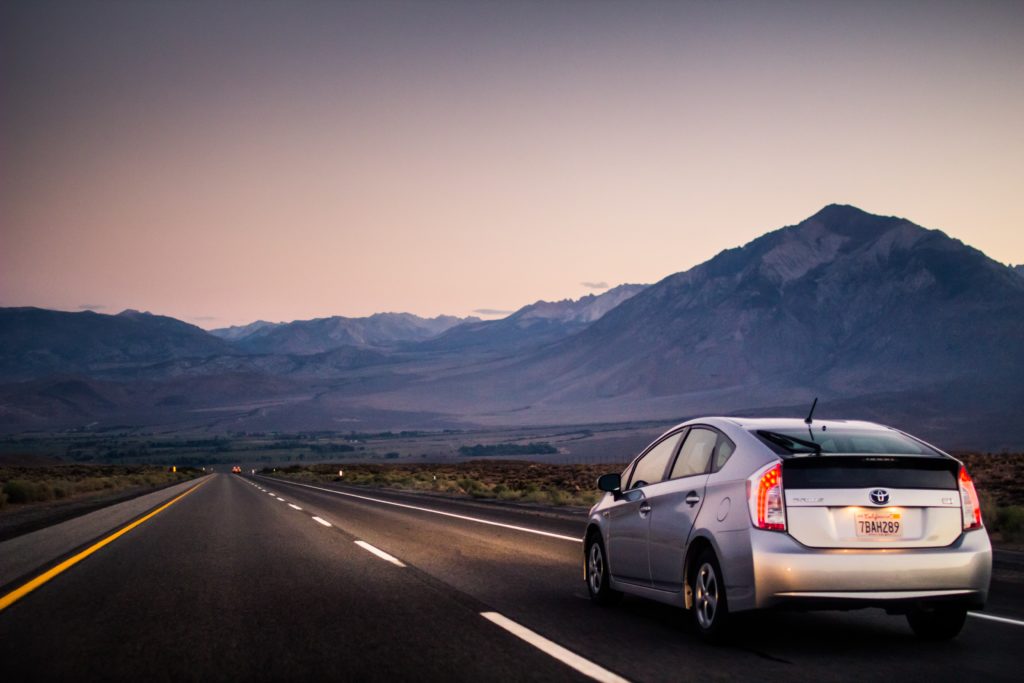
So, when it comes to insurance, is it better to buy new or used? With all things considered, a used car is generally cheaper to insure than a new car.
Score: Used cars - 2, New cars - 0
Loan Interest Rates
When you're looking for a car loan to finance your future car, you may notice that interest rates are significantly higher for used cars. This is due to a number of different factors.
First, there is no clear cut way of assessing the value of a used car. With a new car, it's pretty simple – just refer to the depreciation rate mentioned above. However, with used cars, you have to assess a spate of issues from mechanical accidents to the car's history of accidents. Next, financers tend to believe that people who buy used cars have lower credit scores so they jack up the interest rate in case their lendee defaults.
With all this in mind, lenders must find a way to protect themselves in the occasion that they may need to repossess a used car, thus the high interest rate. On this front, buying new is the better option.
Score: Used cars - 2, New cars - 1
Warranties
In the case of warranties, a new car usually trumps a used one. When you buy new, you're guaranteed a warranty from the manufacturer. When buying a used car, on the other hand, you have no such guarantee. While some dealers offer warranties, they aren't nearly as comprehensive and long-lasting as manufacturer warranties.
Plus, as stated by Carfax Canada, used car warranties "aren’t all made equally, they can be different for each vehicle". While basic warranties cover for engine and transmission maintenance, coverage of other parts like brakes, electrical, air conditioning, steering wheel parts, and suspension can vary depending on the car's current condition.
Score: Used cars - 2, New cars - 2
Customization
If you're the type who likes to supe up your car, you might be better off buying a used vehicle. When you buy new, your vehicle will come with a manufacturer warranty, and most warranties like this will become void if you make serious modifications to a new car. In that sense, new car owners will have to wait anywhere from three to five years before they can freely modify their vehicles to their liking. Buying a used car without a warranty, on the other hand, will allow you to change it any way you like.

Score: Used cars - 3, New cars - 2
Fuel Efficiency
When planning for a new or used car purchase, it's important to factor in a vehicle's fuel efficiency. Assessing your budget means more than knowing what you can pay upfront and in increments if you're taking a loan. You need to account for the cost of operating and maintaining a vehicle as well.
And when you buy new, you don't just reduce your monthly cost of fuel with a more fuel-efficient car, you also reduce your carbon footprint and help mitigate climate change.
On this front, brand new cars hold a definite advantage.
Score: Used cars - 3, New cars - 3
Safety Features
According to Forbes, the top five must-have car safety features are adaptive cruise control, automatic engine braking, lane departure warning, blind spot detection, and rear-view cameras. While some of these features have been around for a while now, many of them were considered luxury features and were reserved for higher-end models. As technology advances, manufacturers are finding more ways to make them standard features in all newer vehicles.
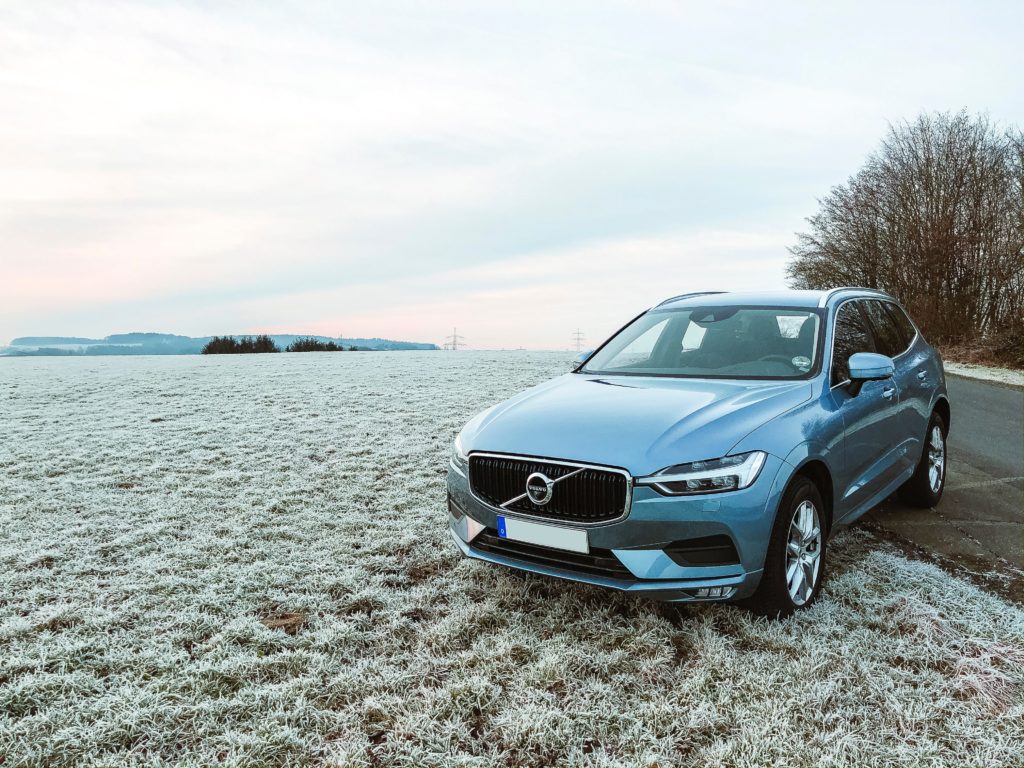
As such, a new car definitely trumps a used car in terms of safety. And as scientists come up with newer tech – like facial recognition and safety exit assist – we can only expect newer cars to lead to fewer injuries and fatalities. If safety is one of your biggest concerns, buy new.
Score: Used cars - 3, New cars - 4
Reliability
While buying new does save you from the worry of hidden damages and mechanical issues creeping up on you in the future, you shouldn't write off all used cars as unreliable. If you restrict your search to newer cars, deal with reputable and licensed dealers, read up on the most common scams, and have a mechanic do a thorough assessment of a used car before purchasing, you can still score a car that's pretty much as good as new.
Another way of buying a used car minus all those stress-inducing risks is to look at certified pre-owned cars. CPOs are often cheaper than brand new vehicles but are more reliable than non-CPOs. This is because all CPOs undergo rigorous inspection and must meet certain criteria, such as mileage and age limits. With a CPO, you have a solid middle ground for buying used without all the uncertainty.
So, new or used? For this round, we consider it a tie. Half a point for each.
Score: Used cars - 3.5, New cars - 4.5
Registration Fees
In many places, a car's registration rate changes depending on its age and value. Typically, the registration rate goes down the older (and cheaper) a car becomes. Most car enthusiasts agree that used cars that are at least three years old will save you a significant amount of money on annual registration fees alone. On this front, buying a used car is better.
Score: Used cars - 4.5, New cars - 4.5
Variety
This one's a matter of perspective. On one hand, you have years and years of used cars to choose from. Sure, they won't have the safety features and fuel efficiency of today's models, but if you're a vintage car enthusiast and you don't plan on using your car as a commuter, you should be fine.
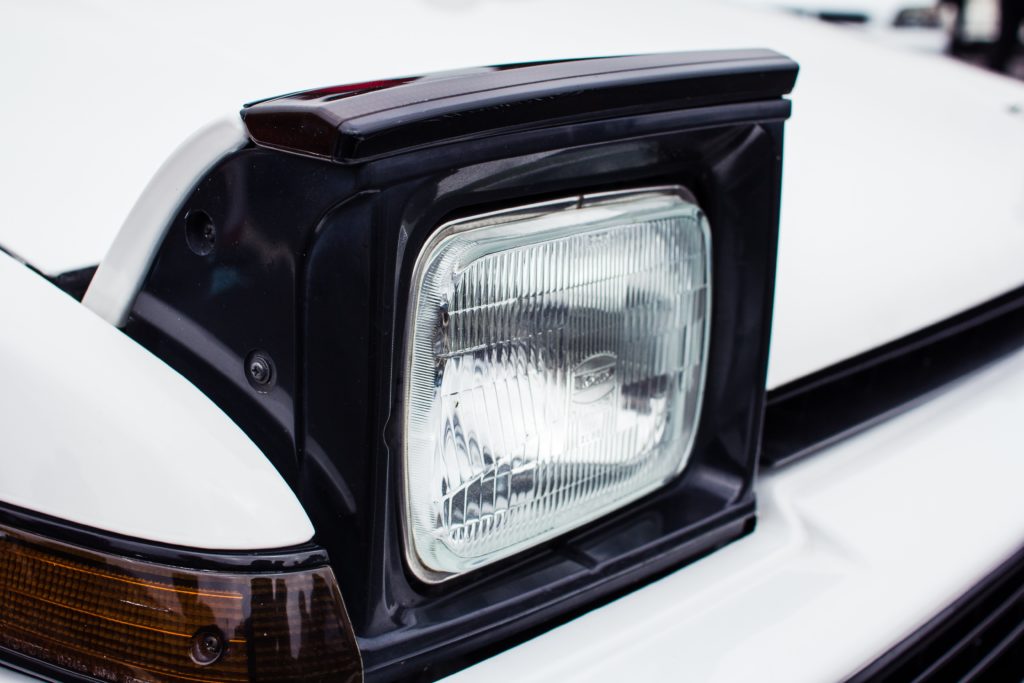
On the other hand, you can only purchase used car models that are available at dealers near you. That is, unless you're willing to travel to another province to find the exact car that you're looking for. So in this sense, your options are still limited.
In terms of variety, it doesn't matter whether you want to buy new or used. You'll just have to make do with what's available near you. We'll consider this a tie! Half a point each.
Score: Used cars - 5, New cars - 5
Overall Winner: To Buy New Or Used?
It's a draw! The truth is, there is no definitive answer to this question. Ultimately, deciding between a used car and a new car boils down to your priorities. If you don't have a lot of money and you need a practical commuter for everyday use, a used car would be an excellent purchase. If you're looking for something with more reliability and a better safety profile then a new car might be a better choice.
Pros And Cons Recap
While each choice has its own pros and cons, it's a matter of identifying which factors matter most to you. Here's a comprehensive summary of the pros and cons of new and used cars.
Why Should You Buy A Used Car?
+ Cheaper upfront fees and slower depreciation
+ Lower insurance rates
+ Customizable
+ Lower registration fees
+ Variety of options
Why Shouldn't You Buy A Used Car?
- High car loan interest rates
- Warranties are not guaranteed
- Not as fuel efficient as new models
- Depending on the model and year, it might not have the latest safety features
Why Should You Buy A New Car?
+ More affordable loan interest rate
+ When you buy new, you get more comprehensive and longer-lasting warranties
+ More fuel efficient
+ Has the latest safety features
+ Variety of options
Why Shouldn't You Buy A New Car?
- Higher price and faster depreciation
- Higher insurance rates when you buy new
- Cannot be customized until warranty expiration
- Higher registration fees
Are There Other Factors I Need to Consider Before Choosing Between New Or Used?
Yes. Before you decide whether you want to buy used or buy new, you should ask yourself these questions:
1. Can I Afford The Total Cost Of Buying A Car?
We talked about the differences between depreciation, insurance rates, and loan interests of new and used cars, but it should be noted that these aren't the only costs buyers need to consider. Before you decide whether a new or used car suits you, take the time to calculate the total cost of owning a car, from initial cost to operating expenses to future expenses.
Once you have a number, you'll be able to decide whether you can afford to buy new or used. Here's what you need to account for:
Initial Costs
- Down payment
- Dealership fees (plus delivery fees)
- Sales tax
- Registration fees (vehicle permit, license plate and sticker)
Recurring Costs
- Monthly payment or loan payment
- Insurance
- Maintenance
- Registration renewal
- Fuel
- Parking
Miscellaneous/Emergency Costs
- Modifications and paint jobs
- Traffic fines
- Damage repairs
2. Do I Have Time To Make An Informed Decision On A Used Car?
As the saying goes, time is money! While buying new is fairly straightforward, you have to do a bit more legwork for used cars – or else you’ll end up with a lemon! Here are just a few things you need to do before purchasing a used car:
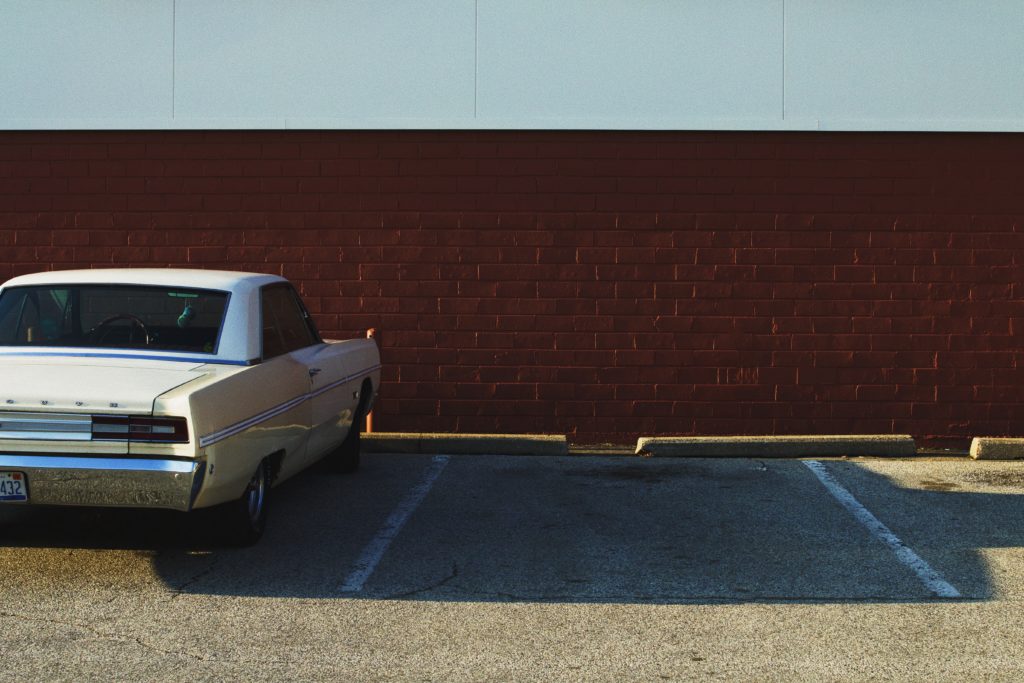
Research For Prices Online Before Hitting The Lot
Since there is no definitive way to value a used car, you'll find many different prices for the same car. This makes negotiating with dealers rather confusing and intimidating. The best way to determine how much money a car costs is to look at listings online. Put together a list of prices of all the available cars with similar mileage, age, and features that you can find across sites like the Kelley Blue Book, the Canadian Black Book, and even Carpages and other new or used car listings. This way, you can scope out the lowest possible price you can haggle for the car you want.
Get The Vehicle Report
If you've honed in on a potential car, we advise getting a CARFAX Vehicle History Report on the car before making any decisions. The reports tells you if the vehicle has been in any accidents, has any existing liens, has unfixed safety recalls, and if it has been stolen. It also gives you a price range based on sales of similar vehicles near you. This helps you avoid getting scammed by car thieves and sellers trying to get rid of lemons.
Bring A Mechanic Upon Meeting With The Dealer/Private Seller
When you finally decide to look at cars, we highly suggest bringing a mechanic with you. In order to rule out any hidden damages and mechanical problems, it's important you make a thorough inspection of the vehicle. A mechanic will be able to spot any discrepancies in the seller's story and any potential red flags. When you take the car out for a test drive, have the mechanic ride along with you too so they can identify any strange noises.
Trust us, this'll save you money in the future!
Buying A New vs Used Car: Final Thoughts
Buying a new car means getting the latest technology and safety features, as well as a surefire warranty that can save you in case of mechanical failure. However, when you buy new, you're also likely purchasing at a higher price point and bearing the brunt of depreciation. If you have a bit of money to spare, there really aren't many downsides to buying a new car.

However, buying used, on the other hand, means sacrificing a few advancements and features for a much lower cost. And if you have the time and patience to look for newer used cars, you might be able to score one that's as good as new for a fraction of the price! For practical folks who don't care about all the bells and whistles of buying a new car, even a used car with high mileage, is a great alternative.
Whatever you choose, Carpages.ca has thousands of options – new or used. We only advertise licensed dealers and identity-verified sellers, so you can rest assured you'll be getting nothing but the best deals.
